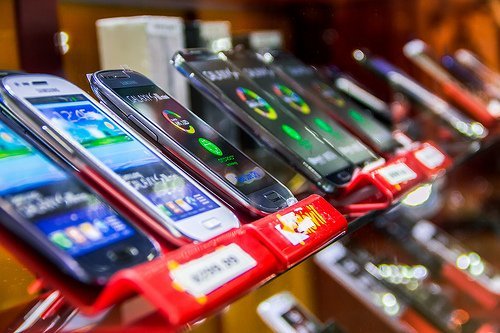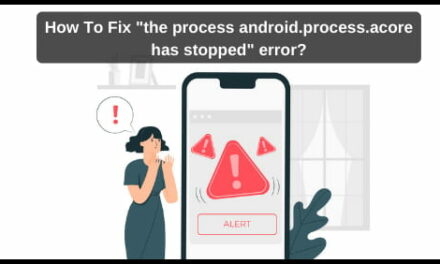Over time we’ve come to accept that using the PC involves certain risks. Computers contain huge amounts of our personal data and are constantly connected to a huge network of other devices. The complicated nature of the PC meanwhile makes it all too easy to hack into, and there’s any amount of software out there that looks to do exactly that and spy on our information.
We’re used to that. But what we’re not used to is having to be so careful when we use our phones. Until recently mobile phones simply weren’t advanced enough or customisable enough to be of any danger to us. Now though that’s changed, and actually it’s arguably even easier for someone to cause us damage via our phone than it is via our PC. Here we will look at the potential dangers that you face when installing apps, and at how you can go about protecting yourself from them.
What Are Permissions?
If you’ve ever looked into Android security then the topic of permissions will certainly have come up. Permissions in Android apps are essentially the same as they are in real life – requests that the software makes to your phone regarding how it can behave. When you go to download a new app you’ll see what these permissions are and then have the option to accept or reject the app on that basis – though you can’t currently block those permissions individually.
Why does this matter? Well because those permissions can grant an app a lot of power over your phone. Permissions can include the option to use location services such as GPS, the option to send and receive e-mails, the option to send and receive texts, the option to access the internet, the option to stay open in the background, the option to look at your contacts and more. If a developer chose to abuse these features, then they could easily create an app that silently collected the information from all your contacts and then e-mailed it to them, or even that told them where you lived. Scary stuff.
Being Safe
So what’s the solution? Well the real solution is to just be smart about which apps you want to download based on the permissions, the reviews and the developers. Bear in mind of course that sometimes these permissions are required and fair – you shouldn’t be surprised if a geocaching app needs your location for instance. Others can be less expected but just as legitimate – an app with a built in browser for instance might well require location services seeing as Google Mobile requests your location and can crash apps if the permission isn’t present.
The trick then is to read reviews, decide whether you trust the developer and do research into any permissions that aren’t immediately obvious. And if you’re really unsure? Consider using an old tablet or phone that doesn’t contain any private data and using the app on that – not everything needs to go on your main device these days with Android being on so many different gadgets.
Author Bio:The author of this post, Nancy Baker, is a freelance blogger at WantBuyLetBuy.com, online retailers of iPad Mini cases. She is an avid tech blogger and is always trying to get her hands on the latest gadgets. You can also follow her on Twitter @Nancy Baker.








